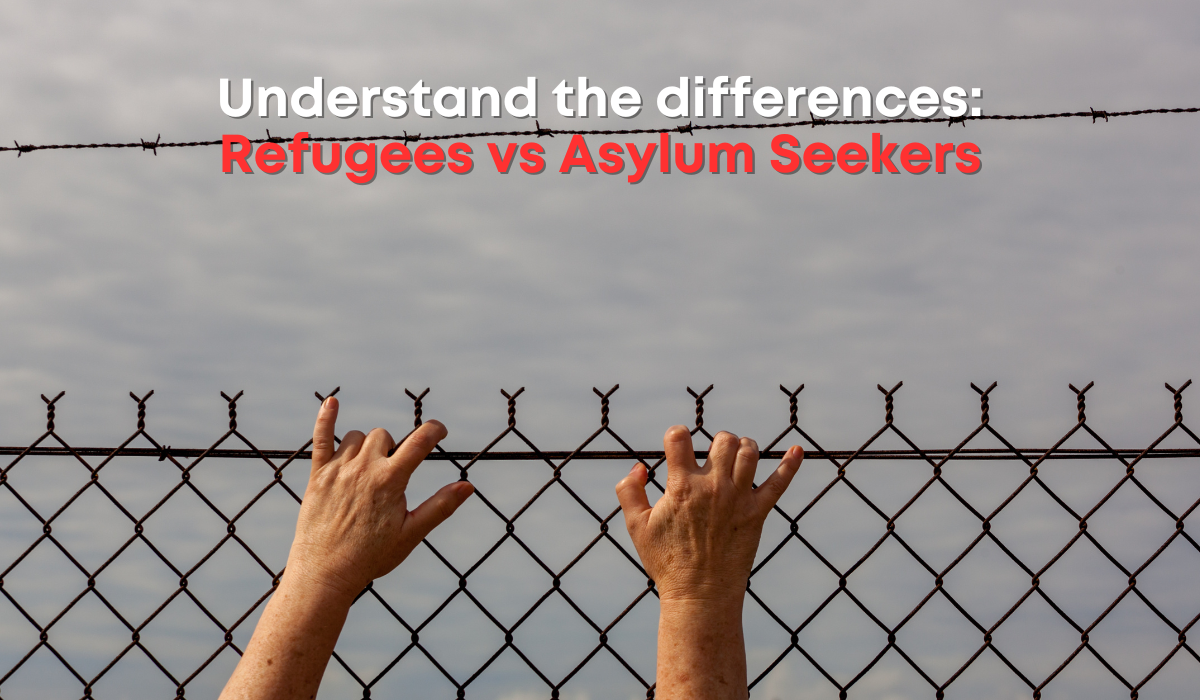The relocation of refugees and asylum seekers is a deeply entrenched practice dating back to ancient customs. In the modern era, these practices have been formalized under international law, particularly through the 1951 Refugee Convention and its 1967 Protocol. These instruments obligate states to protect individuals fleeing persecution and serious harm, marking a significant evolution in international human rights law.
Defining a Refugee: Who Qualifies?
Under the Refugee Convention, a refugee is defined as someone who has fled their country due to a well-founded fear of persecution based on race, religion, nationality, membership in a particular social group, or political opinion. This definition is subject to ongoing legal analysis globally, with national courts often working together to ensure consistent application.
Importantly, refugee status is declaratory. This means an individual becomes a refugee upon meeting the Convention’s criteria, not upon receiving formal recognition. However, formal recognition is necessary for refugees to access the rights and protections under the Convention.
The Rights of Refugees Under the Convention
Refugees have various rights under the Convention, which have been incorporated into UK law. These include the right to lawful stay, work, study, claim housing and welfare benefits, and access healthcare. Additionally, refugees have the right to reunite with family members under the refugee family reunion process.
However, these rights are often difficult to obtain. Political rhetoric and policies aimed at controlling immigration have made it increasingly challenging to secure refugee status in the UK. Many asylum claims are contested by the Home Office, with numerous applicants having to rely on the appeal process.
Asylum Seekers: Rights and Restrictions
An asylum seeker is someone whose claim for refugee status is being processed. While their claims are under consideration, asylum seekers cannot be returned to their home countries. However, their rights are limited. Asylum seekers may face immigration detention or restrictive bail conditions and are generally ineligible for mainstream benefits. Financial support provided is minimal, often resulting in difficult living conditions.
Exclusions and Cessation of Refugee Status
The Refugee Convention excludes individuals involved in war crimes or serious crimes from benefiting from its protections. Such individuals remain refugees if they still fear persecution but do not enjoy the associated rights.
Additionally, refugee status can cease if the conditions leading to persecution no longer exist or if the refugee re-engages with their home country’s protection. Historically, the UK allowed refugees to settle permanently, but recent policies now require refugees to reapply for settlement after a probationary period, adding to their precarious situation.
The UK Asylum Process: Challenges and Delays
The UK asylum process can be lengthy and fraught with delays. Many refugees in the UK are anxiously waiting for their asylum claims to be processed. This situation not only affects their mental health but also limits their ability to fully integrate into society. Despite being recognized as refugees under international law, these individuals must wait for formal recognition to access the full spectrum of rights provided under the Convention.
Understanding the intricacies of the Refugee Convention and the UK’s approach to the rights of the refugees and asylum seekers are crucial. While the Convention offers significant protections, its application can be fraught with legal challenges and systemic delays. Ensuring fair and humane treatment for those seeking refuge remains a critical issue in global human rights discourse.
Get in touch: For a comprehensive understanding of your options or queries on UK immigration matters, contact GigaLegal Solicitors at 02074067654 or click here to book a no-obligation consultation with an immigration expert.


